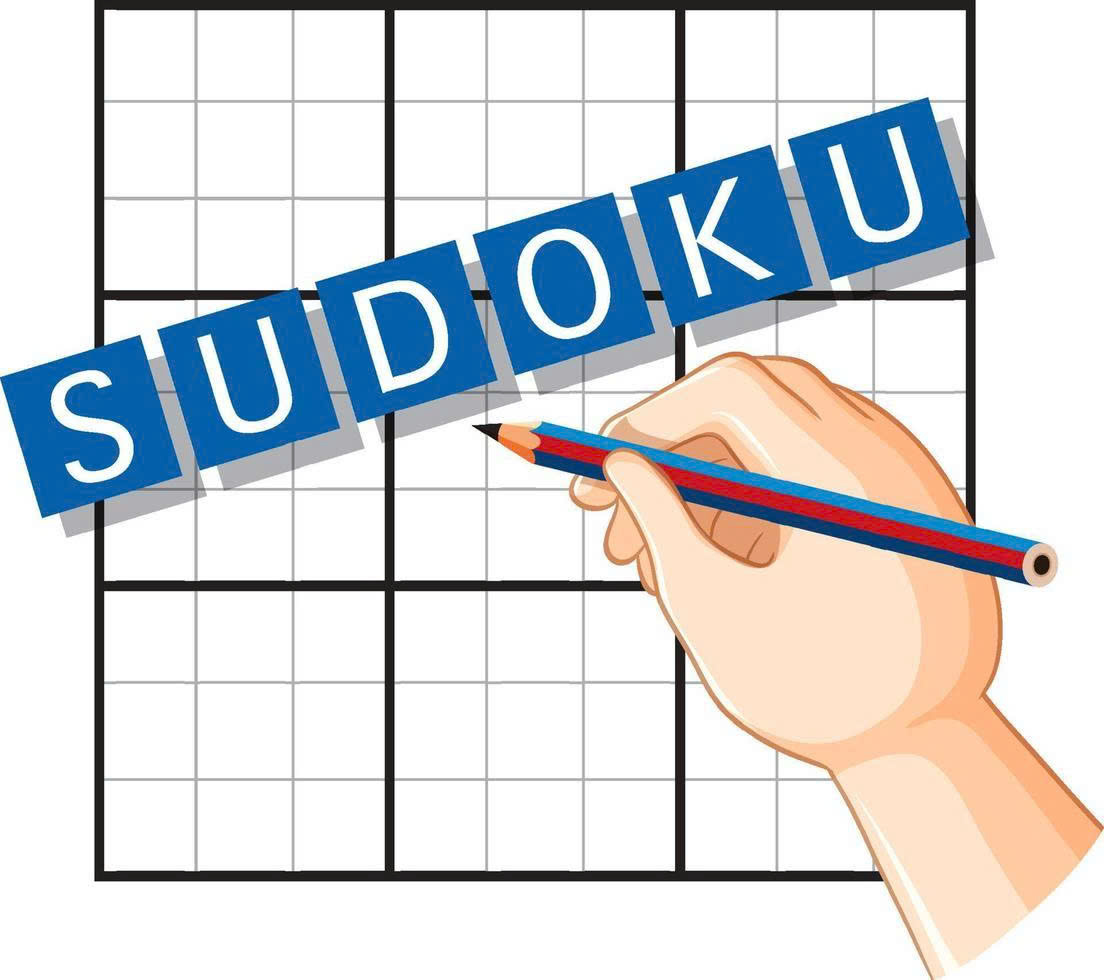Is it really necessary to compare Sudoku solving times across Easy, Medium, and Hard levels? Let’s explore how to properly evaluate your Sudoku skills in this article.

When playing Sudoku, many people use solving time as a measure of skill the faster they solve, the more “pro” they feel. But does comparing solving times between different levels for example, from Easy to Hard, truly reflect a player’s ability?
This article will help you understand the nature of each Sudoku level, the factors that affect solving time, and why such comparisons can sometimes lead to a misleading assessment of your skills.
Each Sudoku level has its own logic and strategy
Sudoku isn’t just a number-filling game, it’s a logic puzzle that requires various hidden strategies.
- At the Easy level, players can usually finish puzzles using basic rules such as scanning rows, columns, and boxes.
- At the Medium level, you’ll need to apply techniques like Candidate Elimination.
- For Hard or Expert puzzles, advanced strategies such as X-Wing, Swordfish, or Naked Triples become essential.
Therefore, comparing solving times between levels is like comparing a 100-meter sprint to mountain climbing — each activity requires completely different skills and efforts.
Factors that affect Sudoku solving time
The time it takes to solve a Sudoku puzzle doesn’t depend solely on its difficulty level. It’s also influenced by:
- Player experience: Beginners may need hints or make more trial-and-error attempts.
- Strategic approach: Players who use systematic strategies tend to solve faster.
- Focus level: Sudoku rewards patience and precision rather than speed.
- Puzzle design: Some “Hard” puzzles might actually be easier than certain “Medium” ones, depending on how the empty cells are arranged.
Should you compare solving times — Yes or No?
Yes, compare within the same level – to track your personal improvement.
No, don’t compare across different levels – since the complexity increases exponentially, not linearly.
Instead of focusing solely on time, players should pay attention to:
- Accuracy in number placement.
- Number of mistakes or undo actions.
- New solving techniques learned after each game.
Sudoku is about mental growth, not a race against time
Sudoku is a wonderful way to sharpen logical thinking and concentration. Comparing solving times across levels may cause you to overlook the real value of the game the joy of discovery and intellectual growth.
Let each Sudoku puzzle be a new challenge, not a race against the clock.
If you wish, you can record your solving times for each level to track your progress just don’t turn it into pressure. Sudoku was created for relaxation and mental exercise, not competition.
If you want to practice Sudoku every day, visit Sudoku Online Game to choose your preferred level and challenge yourself!
